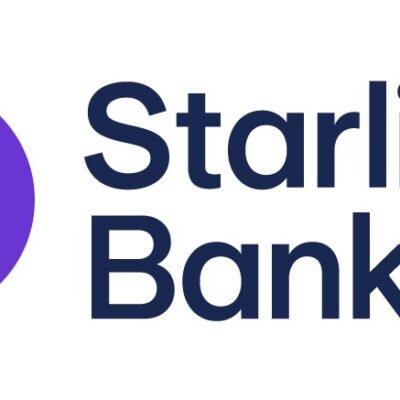The trend of lenders cutting mortgage rates is unlikely to be ‘disturbed’ by the first inflation rise of the year, according to experts.
Inflation rose to 2.2 per cent in the 12 months to July, up from 2 per cent the previous month, ONS figures revealed earlier today.
While it means inflation is back above the Bank of England’s 2 per cent target, it was a smaller-than-expected rise with markets expecting a 2.3 per cent increase.

Mortgage price war: Lenders are competing fiercely with one another sending rates as low as 3.83% for five year fixes
The Bank of England cut base rate on 1 August, partly thanks to inflation remaining on target at 2 per cent for two consecutive months.
Over recent weeks, mortgage lenders have been slashing rates in expectations that interest rates are now on a downward trajectory.
There are now a number of lenders offering five-year fixed rates below 4 per cent, including Barclays, NatWest, Nationwide and HSBC.
But with inflation ticking up again, this has caused some concern that the Bank of England will delay plans to cut interest rates further.
Ben Perks, managing director at Orchard Financial Advisers told the news agency Newspage: ‘A base rate reduction in September was always unlikely, but now seems totally out the window.
‘It is unnerving to see inflation on the rise again, but an uptick to 2.2 per cent is better than anticipated.’
Meanwhile, Peter Stimson, head of product at lender MPowered Mortgages added: ‘With headline inflation back above target, a base rate cut in September is now likely off the cards.
‘However, there’s still the possibility for a cut before the year is out in what remains a highly fluid market.’
What next for mortgage rates?
The current mortgage rate war has seemed relentless at times. Since the start of July the lowest five-year fixed rate has gone from 4.28 per cent to 3.83 per cent and the lowest two-year fix has fallen from 4.68 per cent to 4.22 per cent.
David Hollingworth, associate director at L&C Mortgages believes mortgage rates are unlikely to be ‘disturbed’ by the uptick in inflation, largely because the uptick was already expected.
‘The direction of travel is unlikely to be disturbed by reaction to today’s news and the market will have been well prepared for an increase,’ said Hollingworth.
‘Instead, we’re likely to see continued and frequent movements in mortgage rates, as lenders continue to adjust and improve where they can.’
Mark Harris, chief executive of mortgage broker SPF Private Clients agrees with Hollingworth.
‘With inflation rising by less than expected, this shouldn’t negatively impact the Bank of England’s plan for reducing interest rates, with the markets pricing in a further two rate reductions this year,’ said Harris.
‘The first rate cut since the pandemic has been well received and sends out an important message that rates have peaked and are on a downward trajectory.
‘How fast those further rate reductions come will depend on the state of the economy and inflationary pressures.’
Stimson of MPowered also thinks there will be little impact on mortgage rates, although he concedes the cuts may soon stop.
‘Competition between lenders is the most intense I have seen in the last 30 years of working in the industry,’ said Stimson.
‘Even though inflation has risen, there is unlikely to be an impact on mortgage rates as this has already been priced in.
‘Swaps rates, which lenders use to price fixed rate mortgages, fell quite significantly in the days after this month’s base rate cut and even further following the weak non-farm payrolls data and fears of a US recession.
‘However, swaps have risen over the course of the past week and this should mean mortgage prices start to settle around their current level for the time being.’





